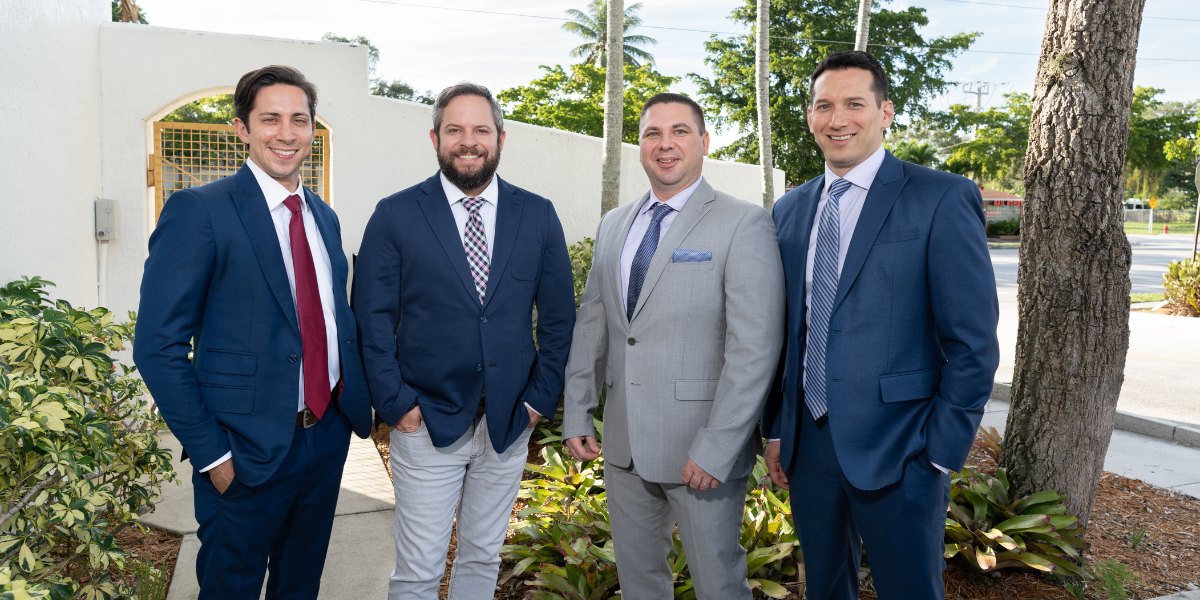Charitable giving reached a record high of $471 billion in 2020[1], which is an incredible testament to the work and spirit of the charities themselves. However, as a result of this record giving year, many nonprofit organizations (“NPOs”) had no revenue decline during 2020 and/or 2021. We find all too often that because of this fact, many NPOs may still be under the incorrect assumption that they do not qualify for the Employee Retention Credit (ERC). Nonprofit leaders may also be hesitant to apply for the ERC because of the risk of an IRS audit or the potential negative perception of filing without having experienced a decline in revenue.
There are two avenues of eligibility for ERC and only one needs to be met. The first is an objective test, which looks to see if there was a substantial decline in revenue, however, there is a second avenue of eligibility for ERC under the partial suspension of operations test, which is completely agnostic as to revenue and looks to see how COVID-19 related state and local orders adversely impacted the company’s operational output. The “full or partial suspension of operations test (or “FPSO”) is not a financial statement test. Therefore, a business is not required to have any decline in gross receipts to evidence the existence of a FPSO.
Congress created the FPSO test recognizing that: (1) gross receipts do not always tell the full picture of a business’ COVID-19 hardship; and (2) even profitable businesses may have had to make tough employee retention decisions due to COVID-19-related changes to their business. For example, a company may be successful in one line of business and not another, causing total revenue to increase while certain business lines suffer or diminish. The ERC was designed to encourage the retention of employees in both profitable and non-profitable businesses.
For many nonprofits and their employees, temporary or total shutdowns and other financial impacts of COVID-19 and government COVID-19-related regulations were detrimental. Depending on their unique missions, some nonprofits saw an increased need for services while others were deemed nonessential or required heavy social distancing, which led to significant business interruptions for their day-to-day operations.
These interruptions led to decreased services and impacted jobs at mission-driven organizations. According to a recent study published in the Journal of Consumer Affairs, the US nonprofit sector lost over 900,000 jobs during the pandemic and created financial hardship for many nonprofit organizations by impacting donor intent, revenues from fee‐for‐service programs, and grant funding availability.
These impacts affected each nonprofit sector differently: healthcare had the lowest job losses of −3.7%, while arts, entertainment, and recreation suffered the higher losses of −34.2%. Regardless of these losses, nonprofits that retained any of their employees during the COVID-19 pandemic may still qualify for the ERC even if they didn’t see a decline in revenue.
In our experience, CPAs and Auditors of NPOs have been overly fixated on the revenue aspect of a NPO during 2020-2021; however, it’s important to note that the ERC was not intended to be a revenue replacement like the PPP was, but rather, a reward for retaining employees despite adverse face-to-face working conditions.
We encourage all NPOs to do their own research and speak with a qualified advisor in order to understand whether any eligibility was missed. We are generally finding our clients’ ERC in excess of their first-round PPP loan, and therefore, given the magnitude of what’s at stake, it is important to make sure all avenues are considered.
Choosing the right third-party ERC firm to assist you with your claim can help you navigate the complicated ERC tax code to optimize your payout and minimize the risk of costly IRS audits. Sagemont Tax’s team of CPAs, lawyers, and payroll specialists offer our clients unparalleled ERC tax and legal guidance. Our experts have years of ERC knowledge and the necessary experience to help nonprofits claim the credits they qualify for while reducing the risk of an IRS audit. We’re proud to stand by the work we do with our NPO clients, and every ERC filing is signed by our CEO, Kenneth Dettman, CPA, as a paid provider. Moreover, Sagemont Tax understands the risks organizations face. That’s why we offer our qualifying clients financial protection for their claims.
“My experience with Sagemont Tax was one of those rare business collaborations in which my organization’s needs were not only considered to be of the highest priority, but even after our work together had been completed, Sagemont Tax continued to support us. Our credit came at a crucial time and made it possible for us to sustain operations and even grow. I have nothing but praise for the service, professionalism, and compassion demonstrated by the staff of Sagemont Tax.”
– Dorina Luzardo, CEO & Founder, Angel’s Reach Foundation, Inc.
“Sagemont Tax was exceptional to work with. Our representative carefully answered our many questions about the program and was extremely communicative throughout the process. The professionalism Sagemont Tax’s team demonstrated is why we consistently refer business owners and volunteer organizations their way. We highly recommend contacting Sagemont Tax to see what credits are available to you!”
– Abigail Shuck, Board Member, Boys and Girls Club of Johnson County
“As a risk-averse non-profit organization focused on our community, we were very cautious in our approach to filing for the Employee Retention Credit but the experts at Sagemont Tax eased our concerns. They took on the burden of hiring an outside law firm to provide legal analysis and provide additional assurance to support our position. Sagemont Tax made the process very streamlined and simple, with clear instructions through every step, making data-gathering easy. The current combination of inflation and lack of affordable housing has dramatically increased the need for our services. This refund has made an enormous impact on our mission and allows us to help more members of our community!”
– Lunch Break
Sagemont Tax is dedicated to supporting nonprofit organizations in their mission to maximize every dollar to have a positive impact on the communities they serve. Our accounting and tax professionals fully understand the in’s and out’s of the ERC process, and it’s our honor to help nonprofits create generational impact. Through our services, you are safeguarded from negative financial impact in the case of an IRS audit. Our team of experts will be champions for you at every step of the way so that your team can focus on what they do best: making the world a little better place for the communities you serve.

Sagemont Tax’s team of CPAs, lawyers, and payroll specialists combine their expertise to provide a uniquely holistic ERC service offering that ensures technical soundness unmatched by traditional income tax CPAs. At Sagemont Tax, we’re committed to excellence, and our brand is quickly being recognized as one of the top professional Employee Retention Credit firms in the United States. To learn more about how we can help you calculate, document, and claim your Employee Retention Credit, contact us here or call 754-202-3055.
For those NPOs who have already received their ERC, read more about how you should account for the ERC here.
[1] 2021 also saw record breaking giving at $485 billion yet, when looking at inflation, giving was down 0.7% in 2021 verses up 3.8% in 2020 (source).


